"Queen of Tears": 2024's Best K-drama
+ A review of IU's "Hotel del Luna." Did you know IU could've been the "QoT" female lead?
“Queen of Tears”
눈물의 여왕 ☆☆☆½ (out of ☆☆☆☆ stars)
Baek Hyun-woo (played by Kim Soo-hyun)
Hong Hae-in (played by Kim Ji-won)
↑Note: Korean names denote the surname followed by the given name.
I know there are some people who are unhappy with the way “Queen of Tears” ended. I’m not one of them. In fact, I truly loved it.
It’s easy to create a happily ever after finale that makes viewers satisfied at that moment. But after they move onto the next K-drama, it’s forgotten.
This show’s bittersweet ending will remain with viewers long after the credits have rolled. Honestly? I can still feel the poignancy of those final few moments, which encapsulated how beautiful even a complicated relationship can be — and also how lonely one can feel when it’s all over.
The start of this series is less sweet and more pragmatic. Hyun-woo (Kim Soo-hyun) and Hae-in (Kim Ji-won) had the perfect wedding. Then the drama flashes forward three years to present time, where the genetically-blessed couple barely speak to one another. And when they do, it’s antagonistic.
When they first met, he was the head of legal counsel at the fancy Queens Department Store. As an heiress to the chaebol Queens Group, she worked undercover as an intern to learn more about the company she hoped to take over one day. He didn’t recognize that Hae-in was very very wealthy. After all, her vintage Chanel clothes and fashionably-ripped sweaters just looked old to him and he assumed that she must be too poor to buy decent clothes.
It is not a spoiler to say that a few years into their marriage, neither is happy. She stays because she views it as a business transaction of sorts. Even though he comes from a humble background, he is whipsmart, graduated at the top of his class at Seoul National University’s law school, and he’s also … well, look at him! … so handsome he’s compared to movie stars.
But he wants more — he wants a divorce. And just as he’s ready to serve her the papers to end their marriage, she announces that she only has a few months left to live, due to a rare tumor that’s too dangerous to remove.
OK, this is where viewers may be expecting a typically trope-filled series. We know she’s not going to die (at least not this early on!). And while we do get quite a few more K-drama tropes (an adoptee returns to Korea and causes chaos, memory loss etc.), they are so well integrated into the story arcs that viewers won’t mind.
By the end of the series, Hyun-woo will be remembered as a traditional K-drama hero — one who is good and selfless. But it’s important to remember that this wasn’t always the case. As much as I loved Kim Soo-hyun’s portrayal of the smart, cute and lovable Hyun-woo, I also couldn’t forget that his initial actions weren’t driven by a desire to help his wife, but rather to help himself. He was giddily happy that her dying would save him the trouble of having to divorce her. Her death meant that he would be free of a wife (and in-laws) who didn’t want him around. And if he can trick her into falling in love with him again, and get her to include him in her will, he’ll also leave the marriage with an inheritance.
Her parents hadn’t allowed her to include him in her will, because they didn’t think he was worthy of it. In fact, their overall disdain for the men who married into the Hong family is succinctly depicted during the preparations for jesa — a labor-intensive memorial for their ancestors. Traditionally, the women — the daughters-in-law specifically — are saddled with spending at least one full day (but probably more) cooking a feast for extended family and then cleaning up afterwards.
Korean mothers used to warn their daughters not to marry a man who was the oldest son in his family, because it’s the oldest son’s wife who is expected to prepare that family’s jesas. Way back in the day, marrying the oldest son had some benefits, since it was he who automatically got all of his parents’ assets after they died. That’s no longer the case.
But in an interesting twist on gender expectations here, it’s the male in-laws who married into the Hong family who are expected to do all the cooking. When Hae-in’s pampered younger brother, Soo-cheol (Kwan Dong-yeon), comes into the kitchen to give the men a pep talk, he doesn’t hear how contradictory he sounds telling them that men should do all this work … and yet he doesn’t help at all. This accentuates the pecking order: the in-laws aren’t real family members and should consider themselves lucky to be there in whatever capacity is demanded of them.
By contrast, Hyun-woo’s mother, Bong-ae (Hwang Young-hee), has no interest in subjugating her elder son’s wife. She tells her daughter-in-law that being a part of their family shouldn’t be a burden. She encourages the younger woman to visit her parents on holidays. It’s not because she wants to get rid of her DiL, but because she loves and respects her so much and knows that her own son isn’t a great catch. (She never has this conversation with Hae-in, because no mother-in-law would ask her prominent daughter-in-law to do any cooking or cleaning. And, also, Hyun-woo is quite the catch.)
These sub plots revolving around jesa feel very pointed, addressing serious issues that reflect on reality and why getting married isn’t the be-all end-all for women that some would have you believe. (The expectations of the daughter-in-law to do all the work preparing for a jesa is depicted very well in “Because This is My First Life.”)
“Queen of Tears” takes its sweet time revealing why this couple has such a contentious relationship and I’ll explore more of that in the Spoiler Alert below. But one of the biggest wedges in their relationship is Eun-song (Park Sung-hoon) — a friend of Hae-in’s from her school days — who returns to Korea after growing up in the U.S. His goal is to break up their marriage by any means possible and take her as his own bride.
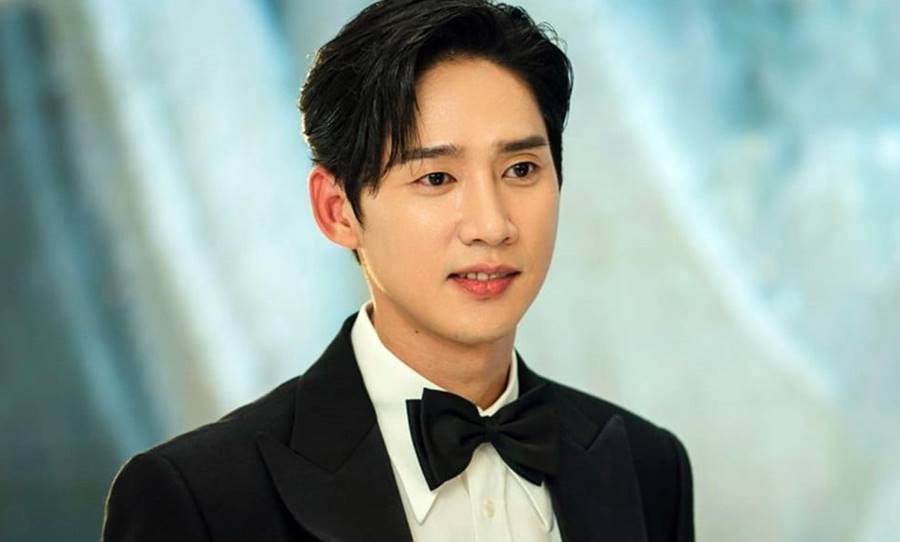
Scriptwriter Park Ji-eun and Kim Soo-hyun have a professional history, having worked together on “My Love From Another Star” and “The Producers.” And Kim had previously worked with several of the “Queen of Tears” cast members. Oh Jung-se — who portrayed Kim Soo-hyun’s older brother in “It’s Okay to Not Be Okay” — makes a cameo appearance as Kim’s therapist here. Na Young-hee — who coldly portrays Hae-in’s mother — had appeared with Kim in “My Love From Another Star.” And Kwak Dong-yeon — who plays Hae-in’s dim and spoiled younger brother, Soo-cheol — appeared in three episodes of “It’s Okay to Not Be Okay” as an exhibitionist patient at the psychiatric ward where Kim Soo-hyun’s character was a caregiver.
Many viewers won’t be able to imagine a more perfect actress for the female lead role other than Kim Ji-won. Like her co-star, she is brilliant at adding humanity to a somewhat unlikeable character. Kim also has a wicked sense of humor that she gets across with tone and a perfectly arched eyebrow.
But did you know that Lee Ji-eun — known in K-pop world as IU — was the first choice to play Hae-in? (She turned down the role because she was busy working on her album and preparing for her world tour.) After working with Kim Soo-hyun in “Dream High,” the two became good friends. She appeared in his drama “The Producers” and made a cameo appearance in his (critically-panned) film “Real.” He returned the favor by making a much talked about cameo appearance in her drama “Hotel del Luna” (see the review below). It was the first role he accepted after his mandatory military enlistment was finished.
I would be remiss if I didn’t point out that “Queen of Tears” was the first K-drama I’ve watched in a long time that didn’t have product placement built into the plot for Kopiko candy or Kahi moisturizer sticks. Instead, they went back to the OG: Subway.
Ratings: The “Queen of Tears” finale set a record for the Korean cable network tvN. Nielsen Korea noted that it beat the previous ratings record previously held by “Crash Landing on You” (which was also penned by the same scriptwriter, Park Ji-eun).
Airdates: Sixteen episodes — each about 90-minutes(ish) long— aired on tvN from March 9 to April 28, 2024 on tvN. (I watched it on Netflix.)
Spoiler Alert: K-dramas love to throw in an adoption element that often gets everything wrong. But one thing they did right here is making it clear that while Eun-song was adopted at 13 and raised in the United States, he grew up in a Korean American family. While that wouldn’t guarantee that he would be able to speak Korean fluently, it’s plausible.
But then, they went and made Eun-sung a psychopath, because of course adoptees are going to be a little cuckoo, right? 😑
I have written about the way K-dramas address adoption and adoptees many times. And I thought about what I wrote for Teen Vogue about this subject matter:
What differentiates “Move to Heaven” from many other K-dramas is its willingness to show the complicated aspects of adoption and South Korea’s role in it. These stories are just as important – if not more – as those of Ryan Gold and “Vincenzo.”
“Having a variety of characters is a very important element for Korean scripted series,” says So Jae-hyun, a Studio Dragon producer who worked on “JIRISAN,” as well as “It’s Okay to Not Be Okay,” which was lauded for the way it depicted mental health issues. “From a Korean perspective, an adopted person is one of many characters who are there to move the story along. Having diverse characters leads to endless possibilities for storytelling. And there are infinite ways to tell an adoptee’s story, such as showing from their eyes the challenges they face. It could be educational and inspirational for viewers.”
It is unrealistic to expect K-dramas to address every issue that adoptees face. But if writers can create shows about monsters annihilating sinners (“Hellbound”), a neuroscientist tapping into the memory of his dead cat (“Dr. Brain”), and zombies overtaking the Joseon Dynasty (“Kingdom”), they surely can conjure up an adoptee character who’s neither a murderer or a superstar — but simply a person whose backstory includes adoption.
Instead, what we get with Eun-song is a serial killer in the making, whose first kill was a dog (when he was a child).
And then tied into that adoption trope is his social-climbing birth mother (icily played by Lee Mi-sook), who dropped him off at a child welfare center when he was young and never came back for him. Yes, cases like this happen in real life. And no, not all single mothers are saints. However, there’s a disproportionate amount of single moms in K-dramas who are portrayed as unsavory characters.
Is Eun-song a psychopath because of his mother’s abandonment? That’s what the series would have you believe. But it seems more likely that his mother is a full-on psychopath, too, and had traits she passed onto her son. According to the Journal of the American Academy of Psychiatry and the Law:
Antisocial behavior and psychopathic traits are subject to complex patterns of inheritance, gene-–environment interactive effects, and powerful environmental influences. Yet genetic factors are important in the etiology of antisocial behavior and psychopathic traits, and identifying youth with an elevated genetic risk may lead to improved interventions and preventive efforts.
As the story unfolds, we learn that Hae-in and Hyun-woo were expecting a baby. They had prepared a beautiful nursery together. One day, he comes home from work to find workers moving out all the baby furniture. She had miscarried. From this point on, their relationship changes drastically. He moves out of their room and they live separate lives (but in the same house with her family). The two never discussed this traumatic event with each other. They never shared their feelings of loss. Without addressing this important loss, they weren’t able to forge a life together.
We also learn later that Hae-in’s mother had always blamed her for the death of her eldest son. Hae-in had almost drowned on the day that her brother died, but an unknown boy rescued her. That boy, of course, turned out to be Hyun-woo.
And as expected, Hae-in went to Germany for an experimental surgery that saves her life, but at the expense of losing her memory. Will she regain it? What do you think? Of course she will! The writers aren’t heartless!
But perhaps they could have made her recovery at least a tiny bit more realistic. The procedure was invasive and included literally cutting her head open. And she woke up from it with … a beautiful head of hair! They didn’t even try to make it look like she had an actual operation! Heck! Even Korean pears have protective barriers to prevent bruising!
There are two scenes that I will always remember in this show. One is when Hae-in’s younger brother, Soo-cheol, grows a spine and tells his mother off. She was disgusted that he was doting on a baby that he wasn’t the biological father of. For all his goofy selfishness, Soo-cheol won’t stand for anyone denigrating his wife or their son. The baby’s first word wasn’t umma (mommy), he tells his mother. It was appa (daddy). This chaebol son is the last person I thought would make the stance that you don’t have to be biologically related to love someone. But his declaration of love for his wife and baby were chef’s kiss.
The second scene that stands out comes swiftly after Hae-in regains her memory and falls in love with Hyun-woo again. There is a flash forward into the future and we learn that Hae-in died in 2074. She is buried in Germany, where the couple had honeymooned (and where she had gotten the medical treatment that saved her life). An elderly Hyun-woo visits her gravesite. It’s clear that even after her death, she lives on for him.
As images of the couple in their younger years flash on screen, they live on for us, too.
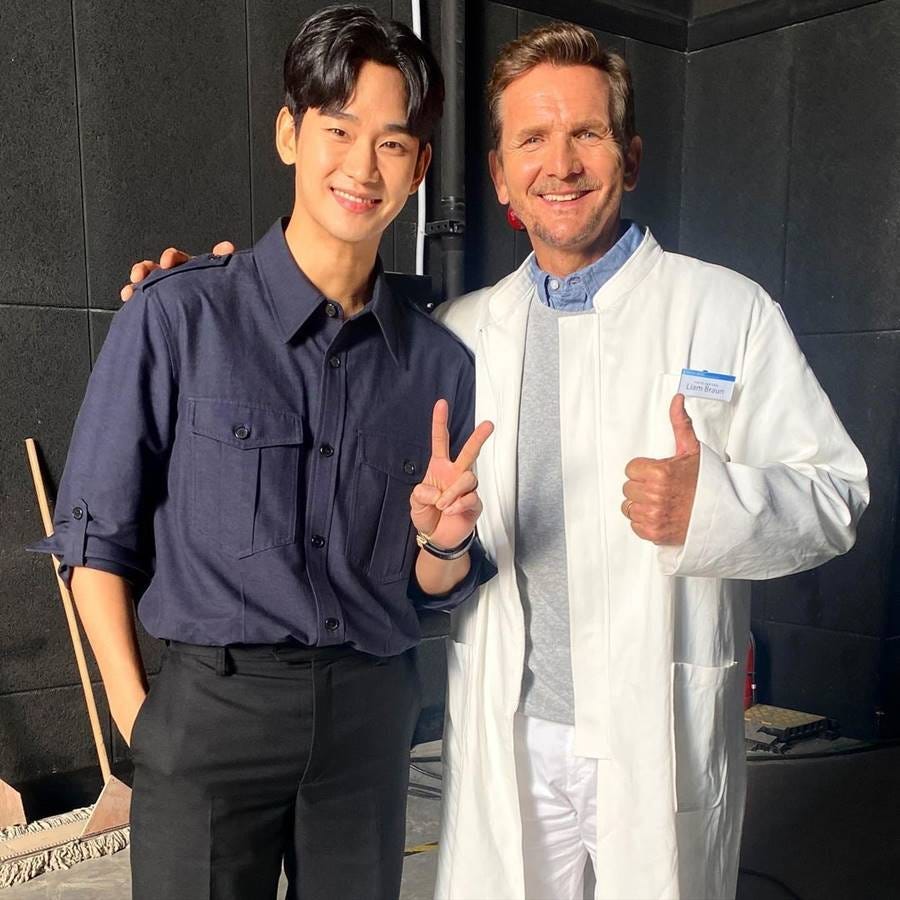
“Queen of Tears” is also notable as being the first K-drama (I think??) to hire a bonafide seasoned white actor to play the role of a westerner. If you’d like to read my exclusive interview with actor Sebastian Roché (“1923,” “Supernatural,”), you may do so here. One of the things he told me was:
There is so much that is so special about Korean dramas. For me, it is all about the storytelling and the emotional content. They are unafraid to show true, raw emotions. Korean film and TV creative talents are masters at it.
You may read our full interview here.
© 2024 JAE-HA KIM | All Rights Reserved
“Hotel del Luna”
호텔 델루나 ☆☆☆½
Jang Man-wol (played by Lee Ji-eun)
Go Chan-seong (played by Yeo Jin-goo)
↑Note: Korean names denote the surname followed by the given name.
The first time I had watched “Hotel del Luna,” I had watched Yeo Jin-goo in “Absolute Boyfriend.” He played a robot who was programmed to fall in love with the first woman who kissed him. Over time, he malfunctioned and began to show signs of human emotions that hadn’t been computed into him. He felt heartache, he said. Of course, he was a robot. So he was mirroring how the humans around him were reacting — or should behave. The female lead didn’t fall in love with an inanimate object, but rather the loving human traits he displayed that were lacking in the men she had dated. That was my interpretation.
In “Hotel del Luna,” the concept of falling in love with someone who’s not human is explored again, but in a nuanced way that makes the viewer’s heart swell and hurt.
Yeo is very good in this series. But make no mistake about it: “Hotel del Luna” is Lee Ji-eun’s pièce de résistance. The actress — an accomplished musician better known to K-Pop fans as IU — was required to show a range of emotions that made a sometimes unlikable character not only relatable, but lovable.
Hotel del Luna is a gorgeous five-star hotel that only accepts dead souls, before they move onto heaven or hell. Yeo plays a Harvard-educated hotelier who is forced to work at the eponymous establishment, due to an agreement his father had made years ago. His boss is the otherworldly Mal-wol, who has run Hotel del Luna for the past 1,300 years. She is neither dead or alive, but can’t peacefully enter the afterlife until she has settled her personal business on earth. Though the pair’s relationship starts off contentiously, they slowly fall in love and feel they are tied together by a force that can’t be explained.
In both this Korean drama and “Absolute Boyfriend,” the scriptwriters ask the viewers to accept that love is possible, even when the partners aren’t human. But what “Hotel del Luna” does so well is show the humanity in characters who are no longer alive, but not ready to accept their demise. It’s a heartbreakingly beautiful series by the Hong Sisters (Hong Jung-eun and Hong Mi-ran).
The mild horror and overt humor of the debut episode doesn’t prepare viewers for the stirring sentiments they will feel as the plot progresses. The storylines cover undying love, revenge and repentance. And while some of the arcs aren’t as well fleshed out — such as the tepid backstory surrounding Chan-seong’s missing mother — there is an overall sense of finality, if not satisfaction, by the series finale.
As with “Goblin” and “My Love From Another Star,” some of the plot is told through flashbacks. In Episode 14, viewers learn more about what drove Man-wol and her first love, Chung-myung (Lee Do-hyun), apart. That scene broke my heart more than just about anything else in the series.
The lush cinematography is well suited to this series and both the set and fashion designers are on point. Man-wol’s wardrobe in particular is a throwback to old-school Hollywood glamour and Lee pulls off all the styles with aplomb.
Airdates: tvN aired 16 episodes — ranging between 70- to 90-minutes each — from July 13 to September 1, 2019. (I watched this on Viki.)
Meta Moments with Spoilers: There are so many clever pop culture references in this series. A few of my favorites:
Episode 3: Lee’s “Moon Lovers: Scarlet Heart Ryeo” co-star, Lee Joon- gi, makes a cameo as an overzealous exorcist.
Episode 6: When King Lee Hyun arrives at Hotel del Luna, there are references to two of Yeo’s K-Dramas, which were set in the Joseon era: “Moon That Embraces the Sun” and “The Crowned Clown.” Trying to figure out which king he was, Man-wol starts rattling off the names of every king she can think of, including a couple fictional K-Drama kings:
Kim Soo-hyun played King Lee Hwon in “Moon That Embraces the Sun,” while Yeo played the younger version of the king. And earlier this Spring, Yeo starred as King Lee Hyun in “The Crowned Clown,” which is parodied here as “The Crowned Queen.”
Episode 11: The staff prepares a honeymoon suite for special guests (they’re alive!) as a favor for a previous (live) employee. The groom had been conceived in that same suite decades ago and grew up to become South Korea’s best soccer player. Coincidentally, the time frame of his birth coincides with that of Manchester United midfielder, Park Ji-sung. In that same episode, a deceased BTS fan gets the opportunity to talk to the band members (which they’ll dream about). Happy that she got to talk to her oppas, the fan leaves for the afterlife satisfied and singing, “Fake Love.”
Episode 16: Kim Soo-hyun, makes a 1-minute 30-second cameo appearance that had the internet buzzing. It was his first acting role since being discharged from the military. Kim plays the new owner of the hotel, which has been renamed Hotel Blue Moon.
Spoiler Alert: One of my favorite story arcs involved a vengeful ghost that hated and terrorized humans. In Episode 7, we learn that her life was ruined by a fellow classmate’s use of molka — which is shorthand for molae camera (몰래 카메라). (몰래/molae means unaware.) After he sexually abused her, he distributed the illegal video online. No matter how hard she tried, she couldn’t scrub the internet of the video. Rather than feeling compassion for her, classmates shunned her and branded her as a whore. She died without receiving justice.
Trying to right the wrong, Man-Wol gives the man a taste of his own medicine, taking photos of his property without his consent.
Her answer was perfection. She took a photo of his backside, showed it to him and said:
The most moving episodes occurred late in the series. Man-wol and Chan-seung’s fate in the series finale was definitely touching. They would not meet again until he died.
But Episode 14 gutted me. Man-wol learns what happened to her first love, who she killed for betraying her and her loved ones. Lee Do-hyun adds just the right amount of nuance as the royal warrior, Ku Chung-myung, who is beholden to a princess and not brave enough to give it all up to be with Man-wol. Brave may not be the proper word, because his betrayal of the royal family will result in all his soldiers and family members being killed to atone for his actions.
Lee Tae-sun also did a spectacular job as Man-wol’s childhood friend, Yeon-woo, who is later reincarnated in the modern world as police detective Park Young-soo. He ends up marrying a doctor, who is the reincarnation of the princess who had been in love with Chung-myung.
© 2024 JAE-HA KIM | All Rights Reserved
© 2024 JAE-HA KIM | All Rights Reserved




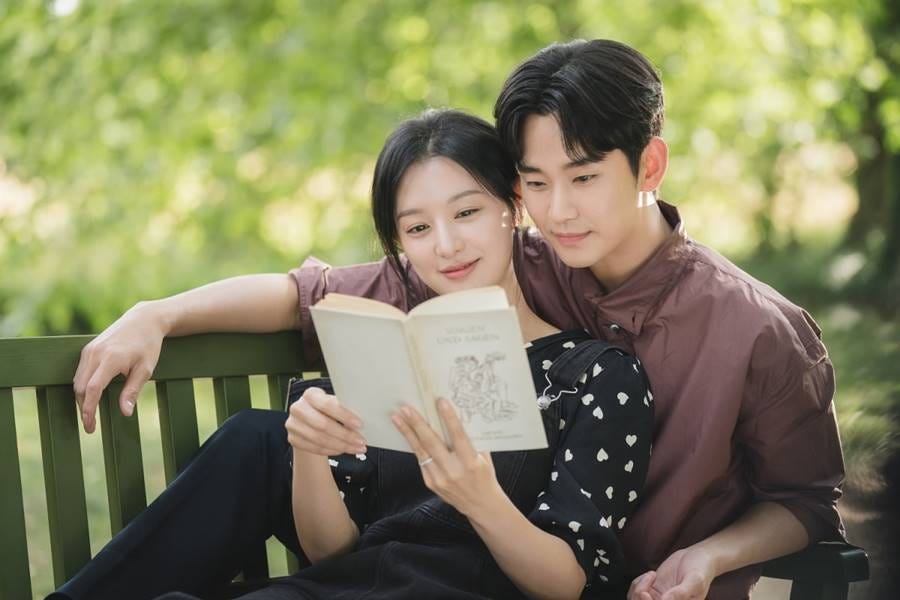
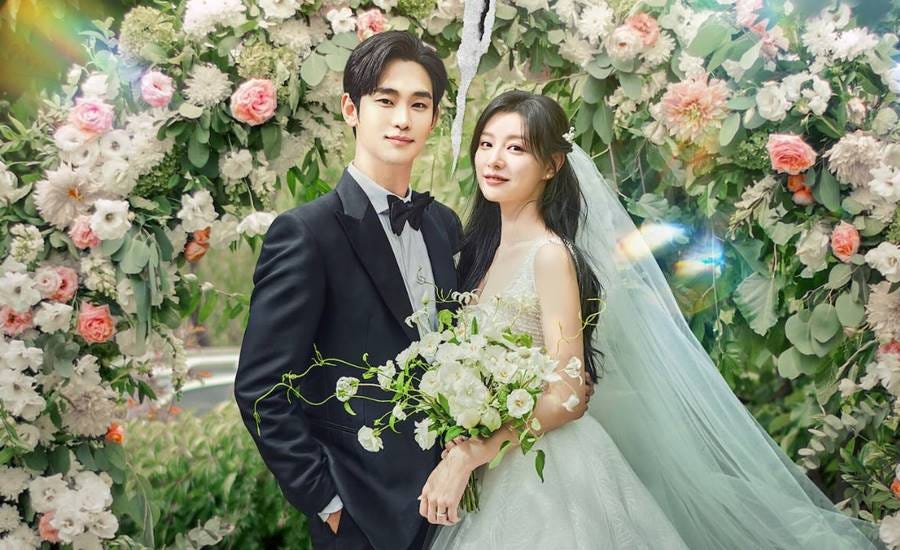
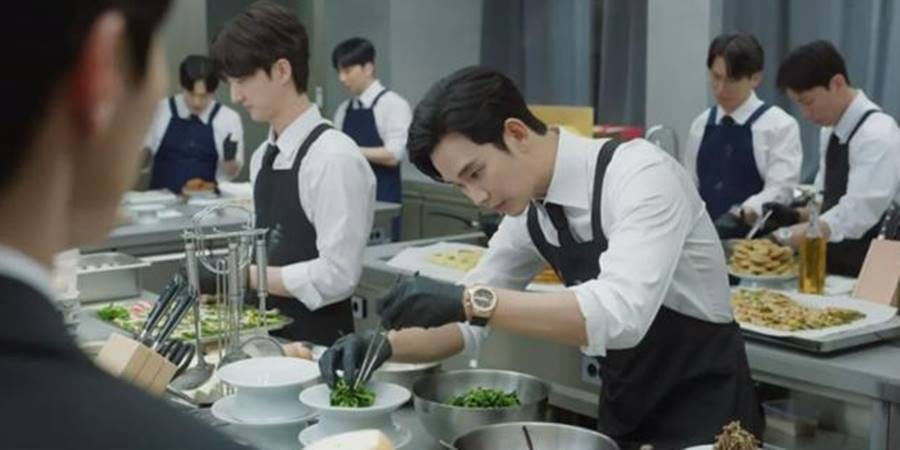
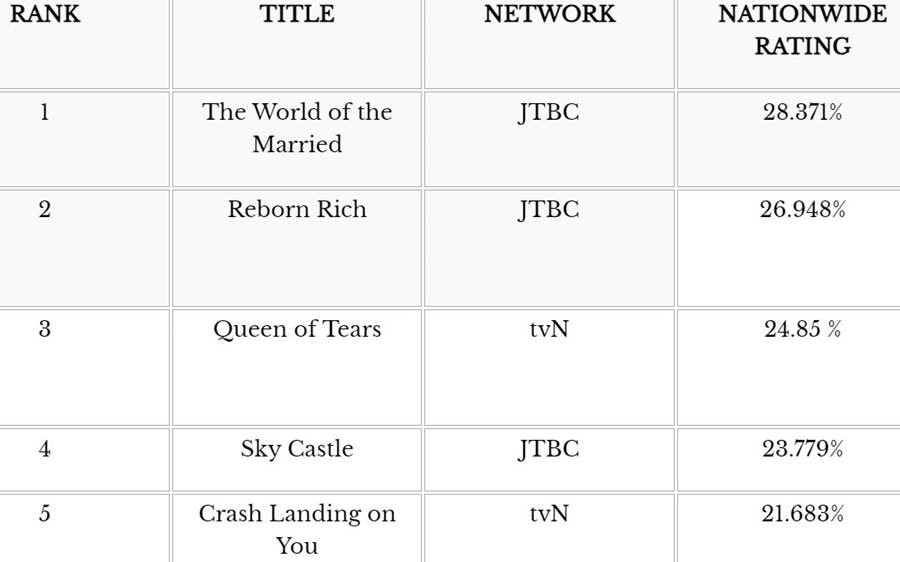
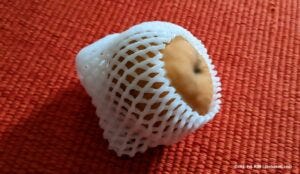
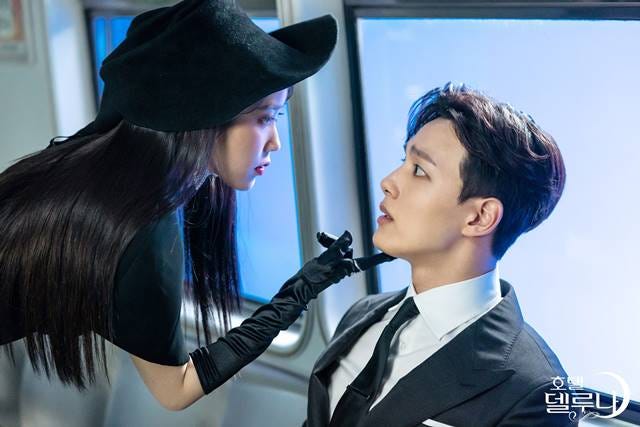
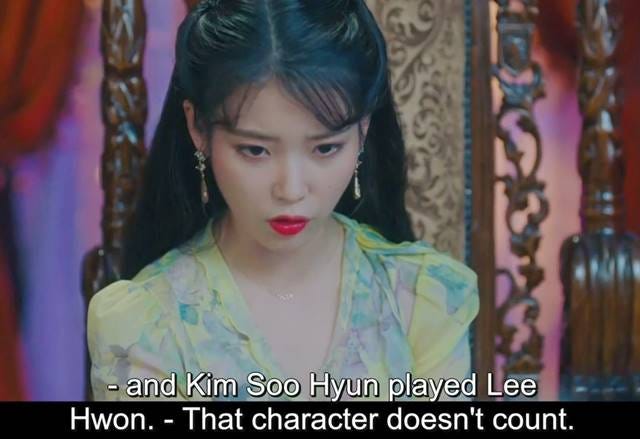
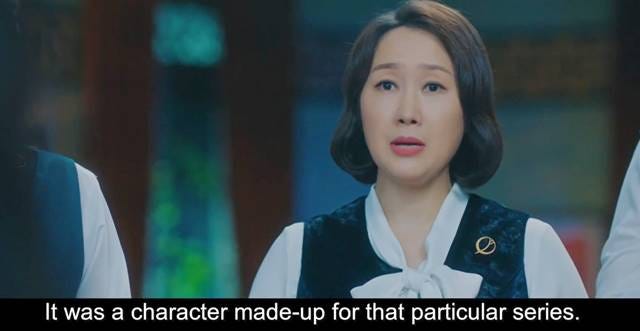
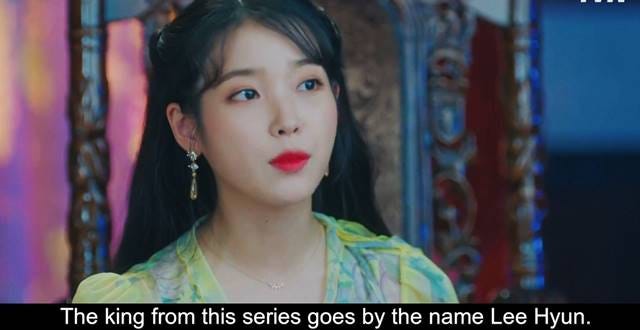
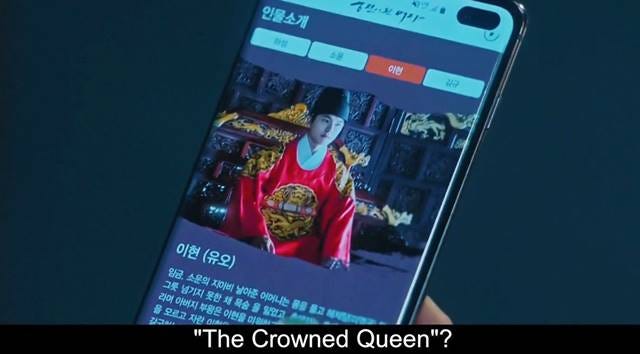
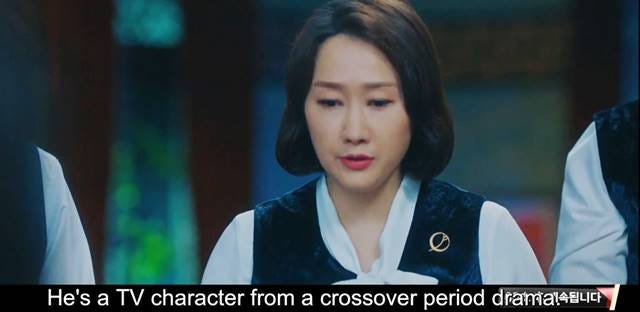
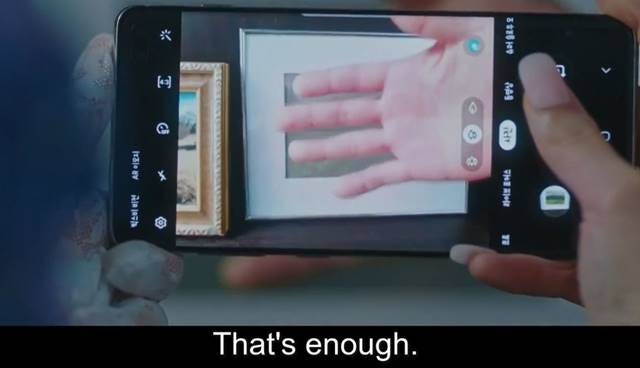

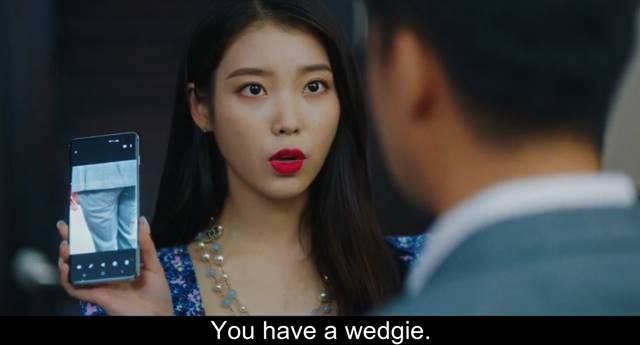
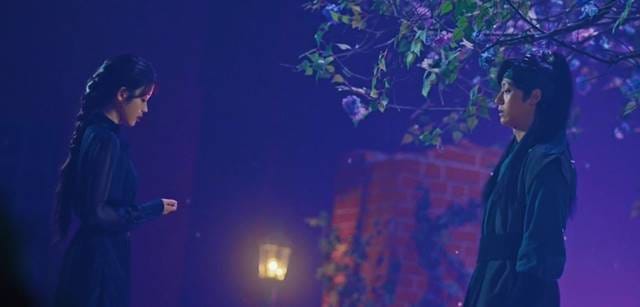
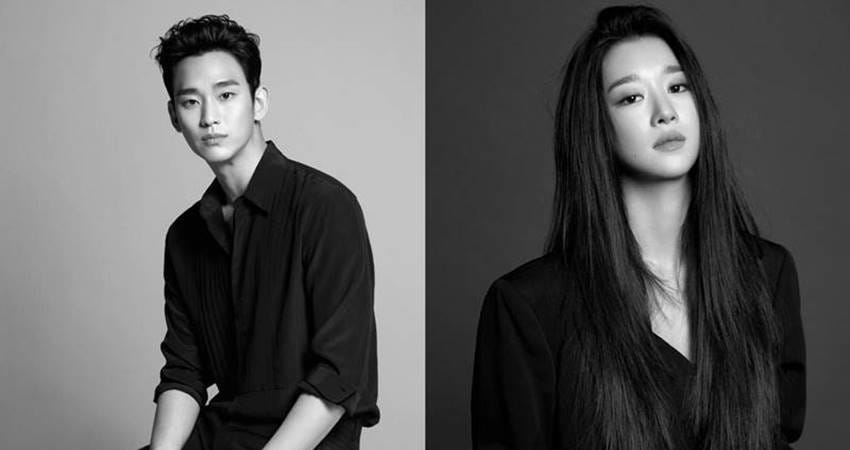
I thought of you when I watched Queen of Tears because of our past exchange about portrayal of adoption. This was the first show I watched with a lead adopted character and as his storyline unfolded I thought oh my gosh, just like Jae-Ha wrote! It was entertaining the worse he got, only because I thought of your articles every time. It’s like they have a checklist 😄😭 He was so awful! So well acted—I’m not that shocked he’d get hate mail! Juxtaposed against the storyline of the brother accepting his baby as his own, well, that made that part all the sweeter.
I've been waiting to know how you felt about this drama!!!! And concur! Just to add to favorite twist/scene is the apology Hae-In's mother gives in the stairwell of the hospital. The whole chaebol family being human, vulnerable all the while holding true to Kdrama tropes, was wonderful. Which still begs the demand for better and more nuanced integration of the adoption trope! The ending was gorgeous!